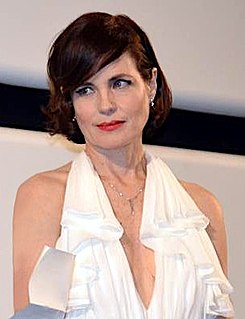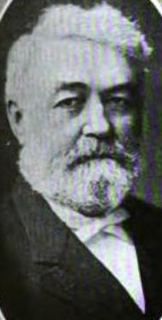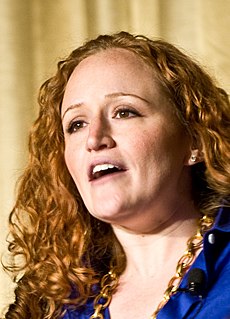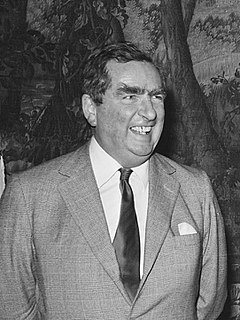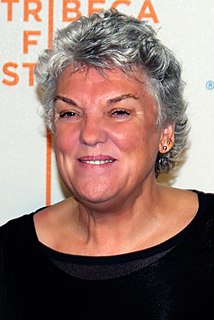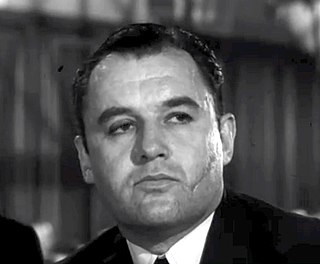A Quote by George Eliot
I don't mind how many letters I receive from one who interests me as much as you do. The receptive part of correspondence I can carry on with much alacrity. It is writing answers that I groan over.
Related Quotes
I was a lot dumber when I was writing the novel. I felt like worse of a writer because I wrote many of the short stories in one sitting or over maybe three days, and they didn't change that much. There weren't many, many drafts. That made me feel semi-brilliant and part of a magical process. Writing the novel wasn't like that. I would come home every day from my office and say, "Well, I still really like the story, I just wish it was better written." At that point, I didn't realize I was writing a first draft. And the first draft was the hardest part.
African tradition deals with life as an experience to be lived. In many respects, it is much like the Eastern philosophies in that we see ourselves as a part of a life force; we are joined, for instance, to the air, to the earth. We are part of the whole-life process. We live in accordance with, in a kind of correspondence with the rest of the world as a whole. And therefore living becomes an experience, rather than a problem, no matter how bad or how painful it may be.
How many slams in an old screen door?
Depends how loud you shut it.
How many slices in a bread?
Depends how thin you cut it.
How much good inside a day?
Depends how good you live 'em.
How much love inside a friend?
Depends how much you give 'em.”
? How Many, How Much by Shel Silverstein
“Tell the truth, or someone will tell it for you.
I've never really found it that important to focus too much on the fact that I'm a female. I feel like if you make a thing of it then it becomes a "thing." For me personally, gender has always been one of the last things on my mind and I would much rather let the music do the talking. It was definitely surprising at the start to see how many people often got shocked that I would do the entire part of the composition/production/mixdown process on my own, but I don't think women are pigeonholed as much these days.
I realized how valuable the art and practice of writing letters are, and how important it is to remind people of what a treasure letters--handwritten letters--can be. In our throwaway era of quick phone calls, faxes, and email, it's all to easy never to find the time to write letters. That's a great pity--for historians and the rest of us.
When I'm recording, which is synonymous with writing, I'll play things over and over again until it sounds like I've got the right guitar part. Whereas I think, as the much younger player I tended to do things much more consciously. I didn't wait for the moment where inspiration might strike. That's what I do now. I wait for it to naturally start to replay itself in my mind. As I say, I don't force it. So I like to think of myself as a receiver. I'm a telephone line to who knows where, but until I hear it through that receiver, I don't usually do it. It's got to start writing itself somehow.
It's difficult for the public to realize how powerful the mind is, and how much pain the mind can give you. When you're depressed, it's as though this committee has taken over your mind, leaving you one depressing thought after the other. You don't shave, you don't shower, you don't brush your teeth. You don't care. The one thing I did do, I still ate a little bit. But I didn't have much of an appetite. I know a lot of people who say they didn't eat at all.
Writing a book about [Buckminster Fuller] in the sense of deciding how much to - how much biographically to gloss over and how much I can leave out is relatively easy as it is because the true believers already know everything. They know a lot of things that are not true and they know a lot of things that I thought were (and seems there's very good evidence not to believe) and therefore, my starting point was I think to tell his myth because that's what grabbed me.

